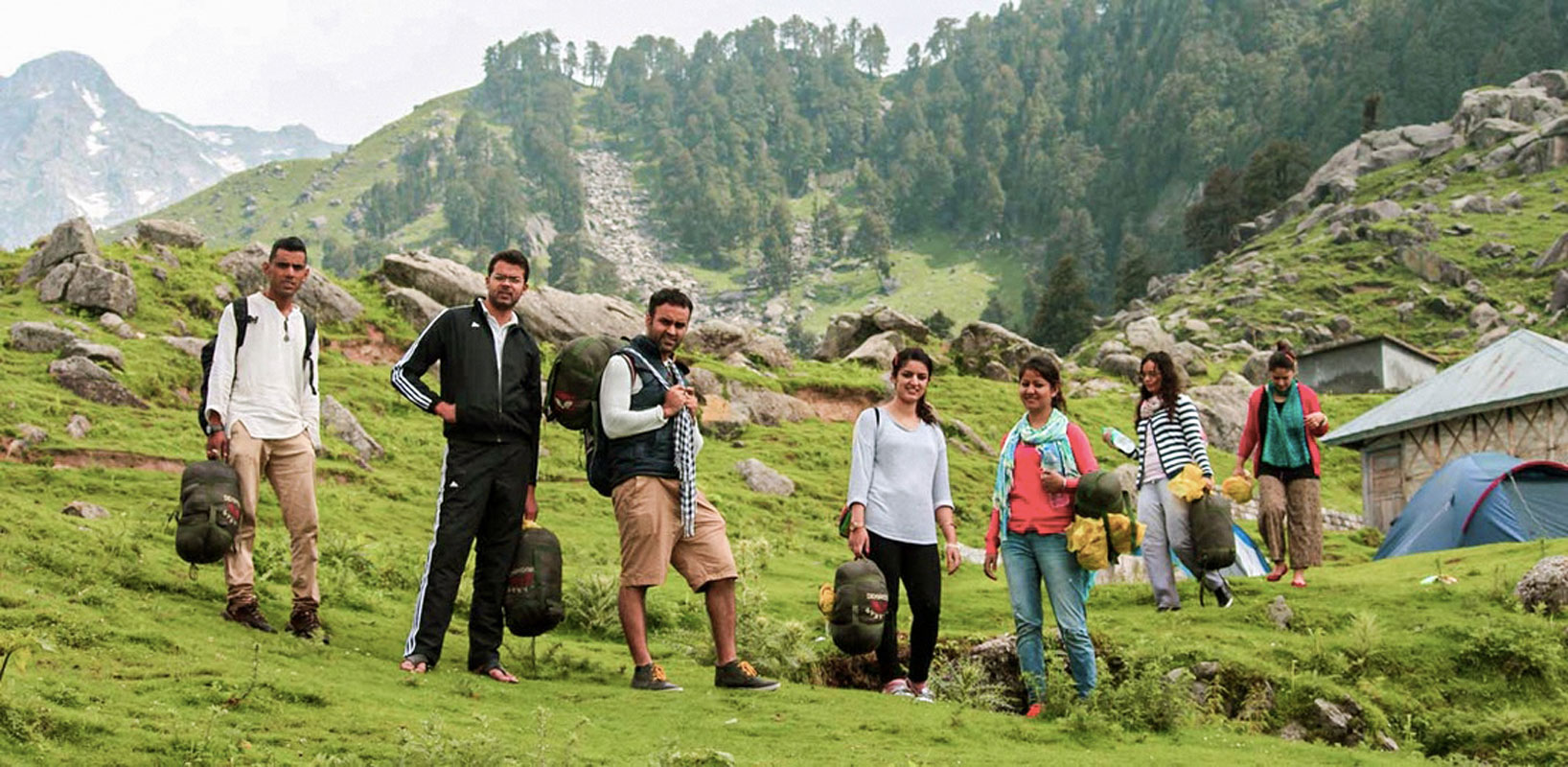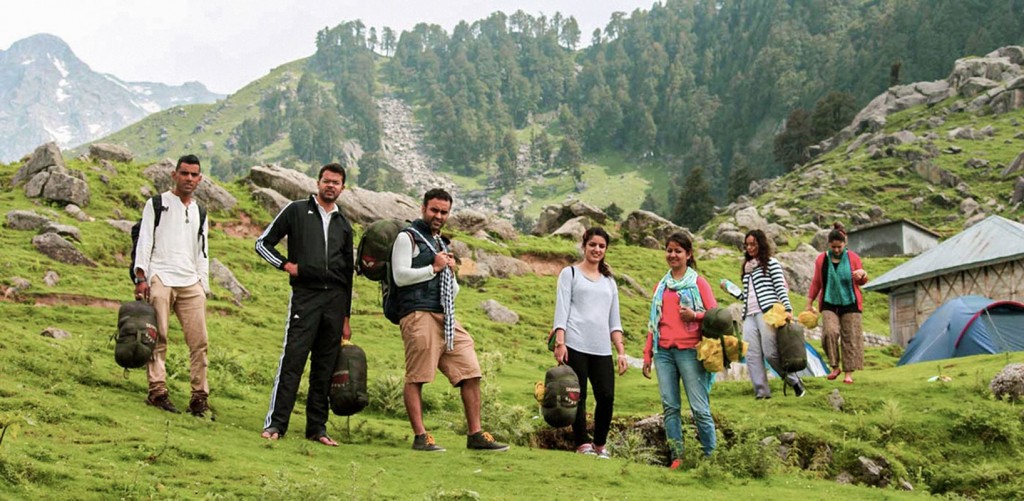
Summer is upon us and suitcases and knapsacks are being packed as we head from the heat of the plains to cooler climes. But how do we make our holiday sustainable? Here are some tips I have picked up from several sources which could help you in making your travel responsible, happy, and most importantly, green.
Once you have chosen your destination it’s important to zero in on your mode of travel. If you are travelling by air, a non-stop flight is what you should opt for since multiple landings and take offs only add to carbon emission. Also, it may be greener to fly rather than drive if you are not travelling in a group. If in a group, by road is the most sustainable mode as you share the resources you are spending amongst several people, thus reducing your carbon footprint.
If you are going on an eco-friendly trip planned by a travel agency, make sure, before anything else, that the organisation is truly ‘green’ and not ‘greenwashing’ its clients. That means, in simple terms, that the agency is not using marketing gimmicks to make you believe that it is environment conscious and offering you a green experience, when it is actually not.
Sometimes words like ‘organic’ and ‘natural’ are bandied about without any substance to back the claim. To ensure you are not fooled by the marketing hype, do a bit of homework. Find out if green organisations have endorsed the tour agency’s work and holiday packages. Whether local help and material are indeed used and if water and waste is recycled at the places where you are accommodated. And most important, does the agency care about the locals and their culture which they will be introducing to you?
Don’t forget that a truly green holiday embraces the people and places that are visited and tries to add to the economy of the local citizens instead of taking away from them and littering their environment with your waste. So, do try to get an assessment of the tour operator and transport you will be using, and the hotel or homestay that has been recommended.
While nobody expects you to play the role of a green activist while on a holiday, a few simple enquiries can make a difference. For example, you could check on the recycling programme of the hotel you stay in. If it is lacking in some aspect, you could point it out and leave your suggestions. Most hospitality establishments take feedback from guests quite seriously.
Holidaying in the hills invariably means going on short walks or long hikes. And here too, green sensitivity makes all the difference. Before planning a trek make sure the weather is clear on those days so that you don’t get stranded and need rescuing. Seasoned hikers will tell you that it is best to follow familiar paths that are trodden so that you do not disturb the flora. Also, the chances of disturbing the habitat of insects are far less and you can avoid getting stung or bitten.
Those who go on treks have the annoying habit of thoughtlessly tossing plastic cups, bottles and waste. Go on any trail in the Himalayas or walk along the shores of scenic lakes and you will find empty packets of chips and assorted waste littered by visitors. While exploring the great outdoors it’s a good idea to carry a lightweight bag to store the waste generated so that it can later be disposed in an eco-friendly manner.
There is one rule that trekkers and those who go on holidays to the countryside must strictly follow. Do not feed wildlife or pet them. It is a common sight across India to see birds, deer and monkeys being fed by tourists. You are doing a big disservice by feeding them because they start depending on human beings for their food. Some creatures in the wild even forget how to fend for themselves and literally wait for tourists to feed them. This makes the animal vulnerable.
There is also a sad practice of using animals for recreation. Elephant and camel rides are a case in point. Very often these animals are displaced from their habitat and are overworked. Camels meant to live in desert conditions are brought to the humid beaches for the entertainment of tourists. It is best to discourage such activity.
Those going on holidays must make it a point to return brochures, booklets and maps to tourist offices. This ensures that they are reused and not simply discarded in the waste bin of a hotel. It will indeed be a nice sustainable gesture if we could ensure that literature provided is returned once we are done with it.
A word about shopping on holidays. Buy locally made products rather than those that have been brought from far-off places. There is really no joy in going to a hill station in Himachal and buying a souvenir or a bauble made in Mumbai. Transporting such products over distances also means they leave a larger carbon footprint. Also do not buy products made from endangered plants/animals or rare wood. Stuffed animals are often sold to tourists and you should say a firm no to those hawking such goods.
Finally, while going on a holiday please don’t forget to carry a reusable water bottle. And, yes, carry a cloth bag for your shopping. That will save you from relying on the plastic ones that shopkeepers are only too happy to offer.
The writer is a senior journalist who writes on environmental issues






